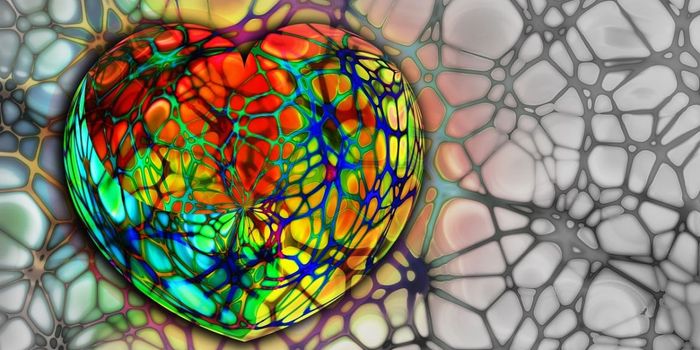Dopamine's Effects on Emotion Regulation
A study published in the Journal of Neuroscience indicated that emotional recognition processes in disorders such as Parkinson’s disease may be impacted by dopamine level changes in the brain. Several neurological conditions such as depression, schizophrenia, and Parkinson’s disease are characterized by dopamine disruption. Although previous research studies have found that dopamine plays a key role in memory, mood, movement, and motivation, this is the first study to connect dopamine with the ability to recognize emotions in others.
Dopamine is a neurotransmitter that carries signals controlling mental and emotional responses in the brain. It is known as the “happy hormone” because it is activated during pleasurable experiences. Low dopamine levels can negatively affect the social skills necessary for effective social interactions.
University of Birmingham researchers showed manipulated levels of dopamine by testing study participants’ working memory by asking them to gauge the emotions of a series of figures in three different video clips. The participants engaged in two separate tests. The researchers gave participants haloperidol (a commonly used pharmaceutical to treat mental and mood disorders) in the first test and a placebo in the second test. The figures in the video clips portrayed only the outline of the figure walking to emphasize three different gaits and postures denoting happy, angry, and sad emotions. Researchers found the dopamine boost improved the emotion recognition of individuals with lower dopamine baseline levels, but the haloperidol dose impaired the emotion recognition abilities of those with higher baseline levels.
The study showed that even small doses of dopamine affect how the brain processes functions related to movement and emotion. According to lead author Dr. Bianca Schuster, this discovery has “important implications for fine tuning a patient's medicine regime to ensure a balance between controlling their symptoms and preserving social functions." Dopamine drug development could potentially enhance the well-being and relationships of those individuals struggling with social functioning. Individuals with low baseline dopamine decreased their own walking pace under haloperidol. Future research will explore the connection between how dopamine influences movement and emotion recognition.
Sources:
Journal of Neuroscience, Science Daily








